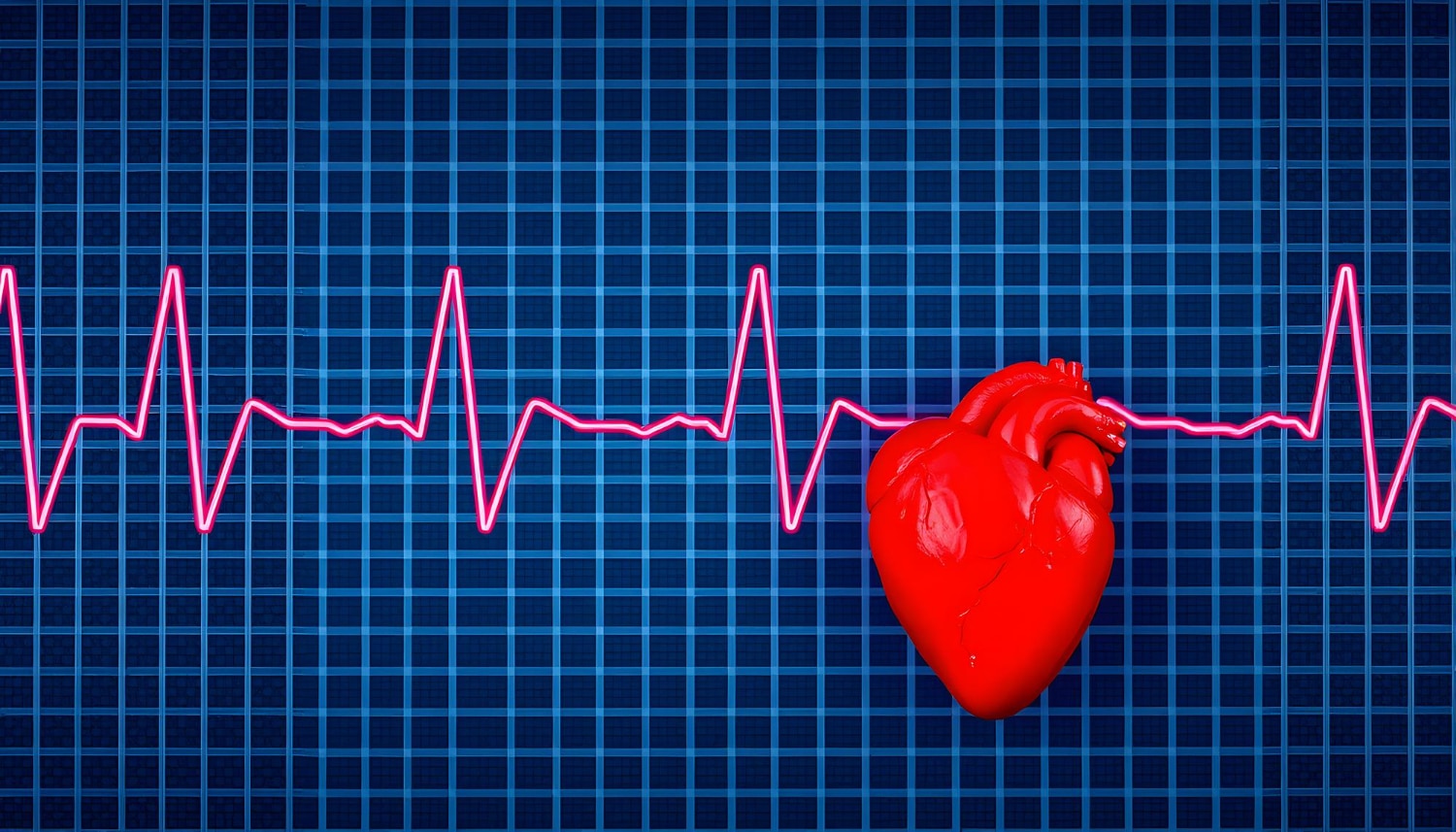AI Estimates Biological Heart Age Using ECG Data

Understanding Heart Age: Chronological vs. Biological
What is Heart Age?
Every person’s heart has both a chronological age, which is the age in years based on their birth date, and a biological age, which reflects how well the heart functions. The biological heart age can differ from chronological age due to various factors such as lifestyle choices and overall health.
The Importance of Biological Heart Age
Biological heart age is an important indicator of cardiovascular health. It helps assess the current condition of the heart and can reveal a person’s risk for heart-related issues. For instance, a person’s biological heart age may suggest they are older or younger than their actual years, impacting their health outcomes.
AI and Heart Health: A New Study
At the EHRA 2025 conference, scientists revealed a groundbreaking study that utilized artificial intelligence (AI) to evaluate ECG (electrocardiogram) data from nearly 500,000 individuals. This research led to the creation of an algorithm capable of estimating biological heart age based on cardiac performance. Such a tool has the potential to identify individuals at a higher risk of heart problems or premature death.
Key Findings from the Study
Biological Age Impacts Health Risks:
- If a person’s biological heart age was found to be seven years older than their actual age, their risk of death increased by 62%, and their risk of major cardiovascular events surged by 92%.
- Conversely, if the biological heart age was seven years younger, the risk of death decreased by 14%, and the risk of major cardiovascular events dropped by 27%.
- Impact of Ejection Fraction:
- The study noted that participants with a reduced ejection fraction had a higher biological heart age predicted by the AI.
- These individuals also displayed prolonged QRS durations and corrected QT intervals, both of which indicate issues in the heart’s electrical signaling and potentially signify underlying cardiac health problems.
Understanding the Indicators
Researchers pointed out that an increased AI ECG heart age correlates with various cardiac activities such as depolarization and repolarization. These electrical remodeling processes within the heart can significantly affect a person’s ejection fraction, which is the percentage of blood the heart pumps out with each contraction. A lower ejection fraction is concerned with poorer heart effectiveness and an increased risk for cardiovascular complications.
Future Research and Development
Associate Professor Baek emphasized the need for larger sample sizes in future studies. By strengthening the statistical foundation of these findings, researchers can enhance the applicability of AI in assessing cardiac function. This continuous improvement in technology can lead to more accurate predictions of heart health, potentially guiding personalized prevention strategies.
With the integration of AI into clinical diagnostics, healthcare providers could better understand individual heart health, leading to more effective treatments and better outcomes for patients at risk of heart disease.
The study presented at the European Society of Cardiology (ESC) scientific congress marks a significant step towards revolutionizing how we assess cardiovascular risks, paving the way for advanced, informed approaches to heart health management.






